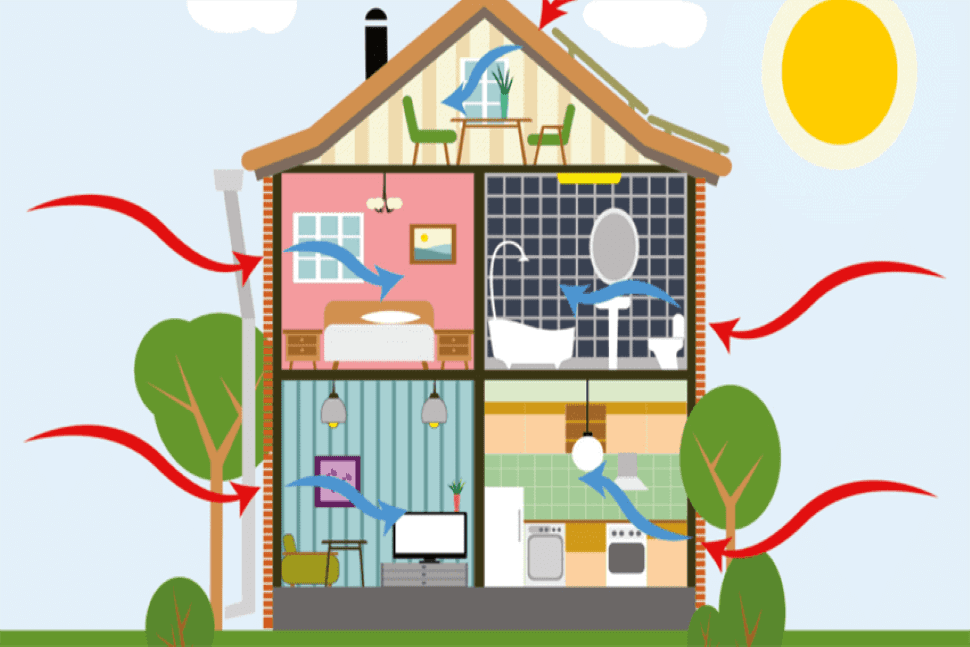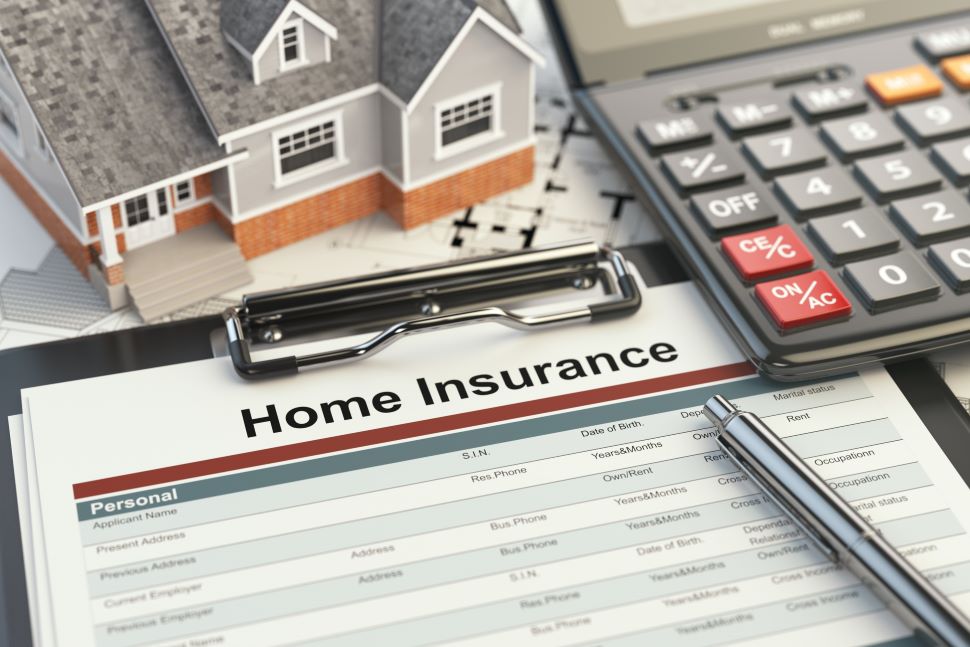
Home Efficiency
June 2, 2022
Dogs and Umbrella Insurance
June 12, 2022For the very few of us, insurance avoidance is simple; but is it a good idea?
There is no legal requirement for a homeowner to carry homeowners insurance. The homeowner may however have entered into a contractual obligation such as a mortgage agreement or other type of loan encumbering the property; in this case, it is common for there to be a financial interest, therefore requiring hazard insurance aka Homeowners Insurance or Landlord Insurance on the property.
Mortgage Companies require homeowners insurance
First time buyers attempting to obtain financing will be asked about their choice of insurance company for home insurance during the process; banks and mortgage companies will not fund a loan without receiving proof of insurance on the subject property listing the mortgage company or bank as Mortgagee. The mortgage industry refers to this type of insurance as Hazard Insurance, which is a general term used for different types of property insurance securing their financial interest in the property. Finance companies are mostly concerned about damage by Fire, Wind, Vandalism and Water Damager; however, it may be prudent to inquire about an Earthquake, Hurricane, Tornado or other type of catastrophic insurance coverage depending on the risk in the area.
For properties located in a High-Risk Flood Zone, mortgage companies will require flood insurance prior to funding the loan. Some institutions have also been known to require earthquake insurance in some regions, however this is less likely.
If a buyer is purchasing a co-op, condominium unit or townhome, the mortgage company will require a copy of the Homeowners Association Master Policy as well as an individual Condo Unit Owner’s Policy.
Hazard Insurance protects the homeowner continuously
Whether or not there is a mortgage encumbering the home or if the buyer paid cash for the house, home insurance offers coverage regardless of the mortgage topic. Although a homeowner may purchase a home without a mortgage and therefore may avoid the topic of homeowners insurance completely, this would not be a logical option for most people. A home without homeowners insurance would mean that perhaps the largest asset of the owner may be at risk, in addition, homeowners insurance includes personal liability coverage and without that coverage, a lawsuit for negligence against a third party could leave the family with immense financial risk.

